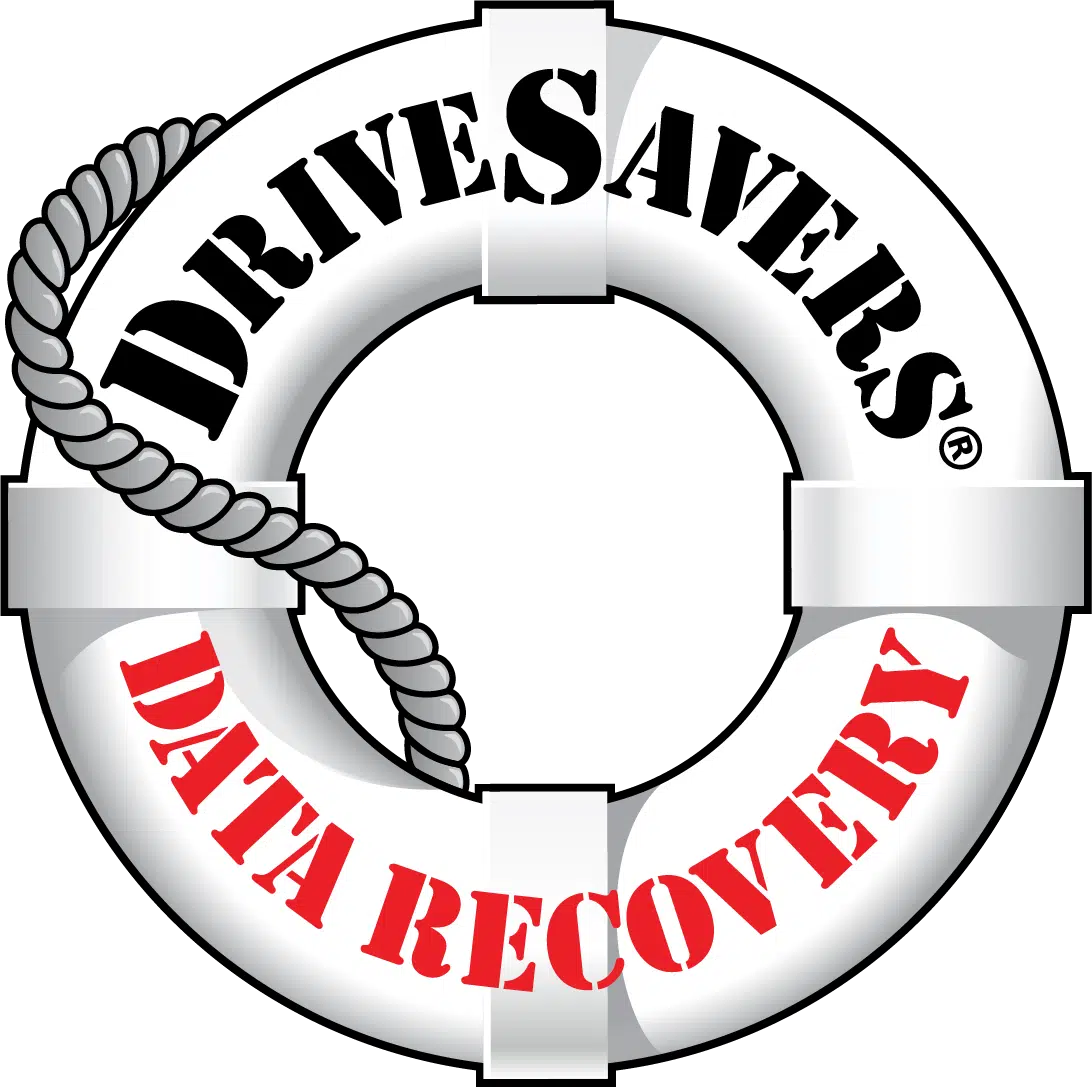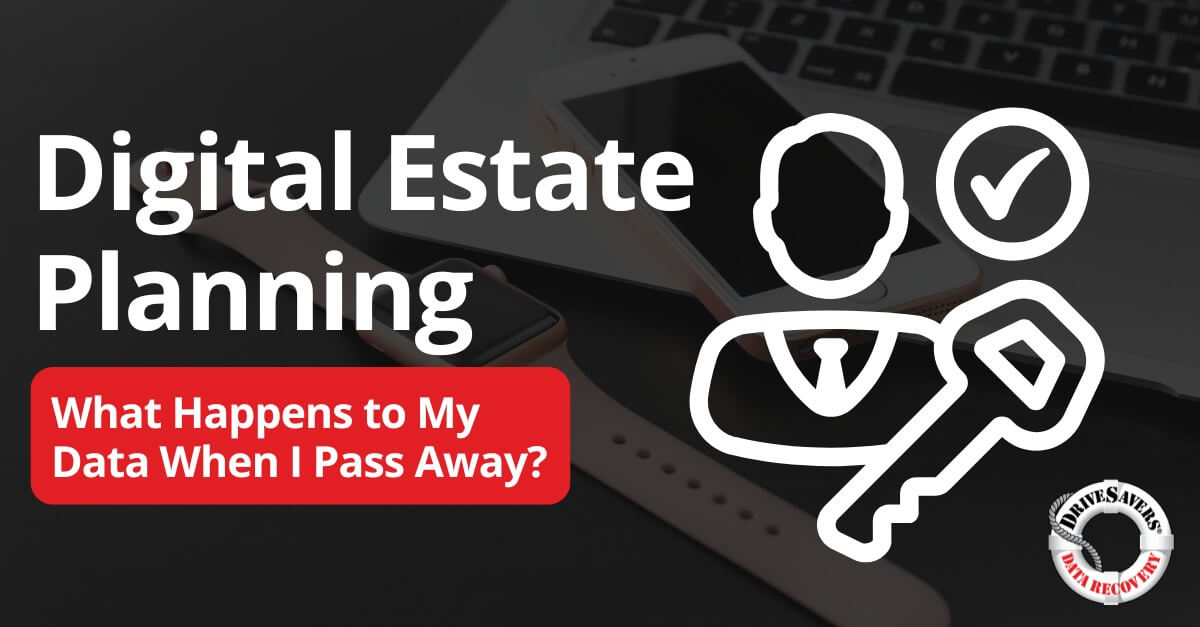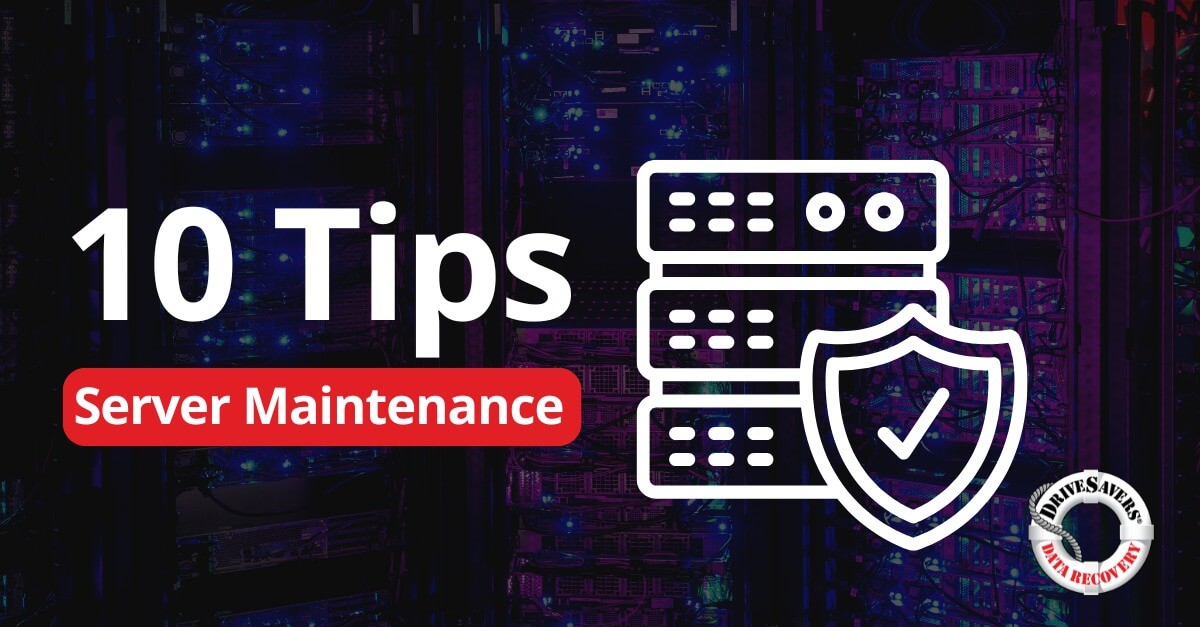At DriveSavers, we often receive requests for data recovery from grieving family members who don’t know the passcode to their loved one’s device.
Hack Attacks Yield Big Data

Last month was a big month for hackers who hit several big companies whose servers–holding sensitive personal information–were breached.
Outsiders hacked data for 2.9 million Adobe customers and stole source code for several different Adobe products, according to a news report. Company officials recently told the website Mashable that the information was encrypted and that no customer losses were reported.
“We deeply regret that this incident occurred. We’re working diligently internally, as well as with external partners and law enforcement, to address the incident,” Brad Arkin, Adobe’s Chief Security Officer, wrote on the company’s blog. “Based on our findings to date, we are not aware of any specific increased risk to customers as a result of this incident.”
The reality that hacker successfully infiltrated personal and corporate information on a supposedly secure set of servers is unsettling, but the problem persists.
In most cases, if your personal information may have been intercepted by a third-party, the host company will notify the affected customers about the breach and how it is being handled.
The reality that hacker successfully infiltrated personal and corporate information on a supposedly secure set of servers is unsettling, but the problem persists.
In most cases, if your personal information may have been intercepted by a third-party, the host company will notify the affected customers about the breach and how it is being handled.
High-Tech Thieves Target Personal Data
In another series of attacks, hackers broke into servers used by Dun and Bradstreet, Kroll Background America and LexisNexis, according to a report from anti-hacker website, KrebsOnSecurity.com.
The site said the attacks, which may have been ongoing for three to six months, were made by a group of cyber criminals offering to sell stolen data (like credit reports) through the website ssndob.ms, or SSNDOB.
The thieves were able to bypass internal security measures and then transmit the pilfered information directly from the servers for resale on the black market.
KrebsOnSecurity said that a seven-month investigation showed the ring offered to sell Social Security numbers, birthdays and other personal data of US residents for up to $2.50 per record. For higher prices, the thieve also offered personal credit reports and background checks.
Federal officials have been called in to help investigate the various intrusions.
At DriveSavers, we protect customer data with a complex series of security protocols and procedures that block trespassers from entering the system and also block any unauthorized transfer of data from inside the system.
Of course, individual computer users should take all means necessary to protect their data, including a regular back-up system along with the use of encryption for any sensitive data that would be harmful if it ever fell into the wrong hands.




